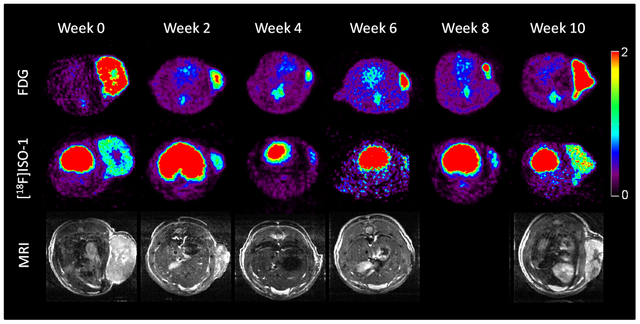
The beginning of November came with the promising news that Scientists at Nottingham Trent University are developing the world’s first lateral flow test (similar to those which test for COVID-19) in order to detect brain tumours.
Working with researchers at the University of Sheffield and funded by the Medical Research Council, the work will hopefully target aggressive and recurring tumours, which currently lead to around 200,000 deaths a year around the world. Undeniably, the recurrence of tumours cannot always be avoided following treatment, and the unpredictable timing of this makes them very difficult to detect early on, which lowers the chances of a positive prognosis.
Researchers say that the new test would work via a simple finger prick that can be done at home and would improve the lives of tens of thousands of people globally. The researchers are focused on developing lateral flow tests capable of detecting tumour-specific molecules in the blood and would give a very early indication of it returning. More specifically, this technology will seek to detect malignant forms of brain tumours such as glioblastoma (GBM) which is the most malignant.
It would likely reduce the strain on healthcare systems by lowering the need for expensive MRI scans, therefore providing a cost-effective alternative to some clinic appointments. Dr Ola Rominiyi from the University of Sheffield’s School of Medicine and Population Health, said: “Currently, patients often have follow-up MRI scans every three to six months, but successful development of a lateral flow test to detect brain cancer could make it possible to efficiently test for recurrence every week, so that more recurrent tumours are caught early, at a more treatable stage.”
In addition, Philippe Wilson, Professor of One Health NTU, said: “Brain tumours are managed with the best available treatments when first diagnosed but, unfortunately, recurrence is a major problem and some come back very quickly and aggressively.”
He also said that “If you have an MRI six months after treatment, by that point a tumour could have been back for a significant amount of time potentially… This tech would provide regular, affordable disease monitoring for patients at home in an easy-to-use way.”
This tech would provide regular, affordable disease monitoring for patients at home
Philippe Wilson, Professor of One Health NTU
He is hopeful that “The work could be applied to other types of cancer too, potentially helping to save millions of lives worldwide.”
At the moment, prototypes are being developed as part of the project before the study moves to clinical trials.


